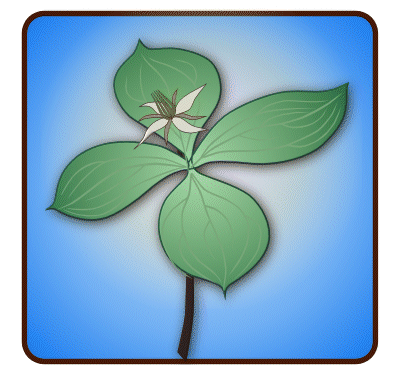
- This event has passed.
Hunting diatoms in Siberia: Lake Baikal, its hidden diversity and those who have searched
Tuesday November 1 2022 @ 7:45 pm - 9:30 pm
Dr David Williams (Natural History Museum) is researching the systematics and biogeography of diatoms, especially in ancient lakes, and Circum-Pacific distributions.
Lake Baikal is the world’s largest, deepest inland lake, containing nearly 25% of the world’s freshwater. It is well known as an ancient lake, being some 30 million years old and well known for its diversity, with numerous birds, fishes, and various invertebrates, many of which are endemic to the lake. Rarely do the accounts of the lake’s diversity include micro-organisms, the ‘invisible’ component. During the 1990s, David was part of a Darwin Initiative Project to document the diatom diversity of this extraordinary lake. The Darwin Initiative is a Government funded programme to assist countries or places rich in biodiversity but with less than adequate resources. Shortly after the collapse of the Soviet Union, Lake Baikal in Siberia, Russia was recognised as one such place – and in spite of various efforts by the Soviet scientists, it had hardly been examined for its diatom diversity.
Science is a distinctly human endeavour, its players coming from various backgrounds, having various temperaments, desires, goals and so on. David shall give an account of our own Baikal quest, which was not just simply to document the diatom diversity, but to explain how it got that way and to address how some of the people before us approached this challenging task.
